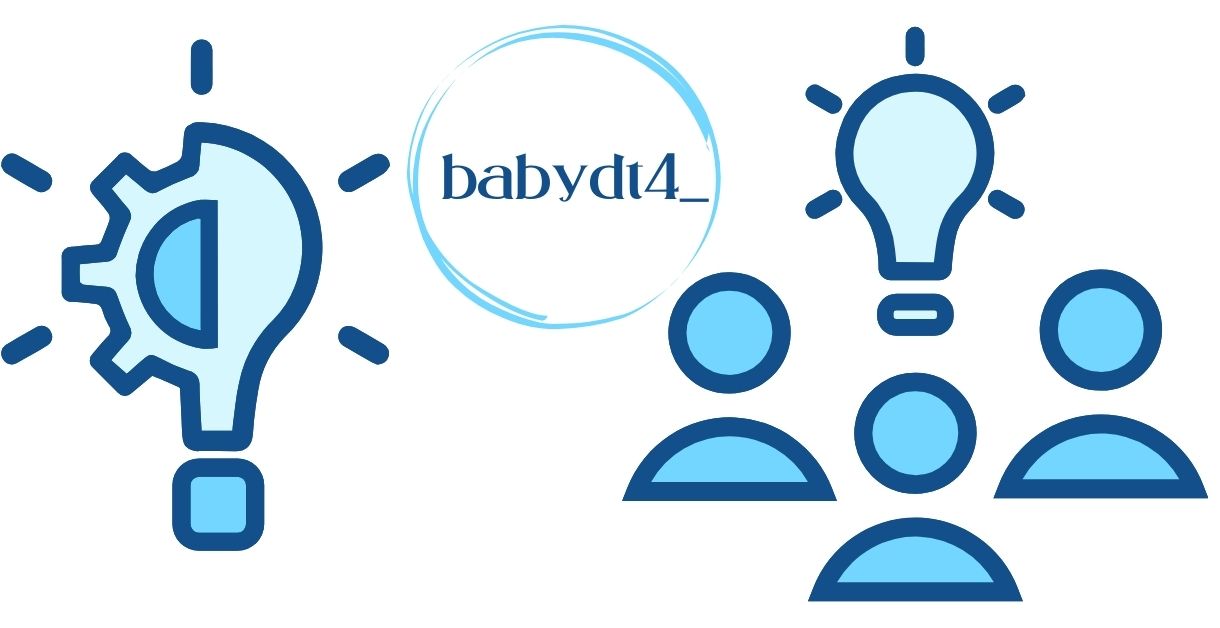The phrase “slow is smooth, smooth is fast” may sound counterintuitive at first, but it encapsulates a profound philosophy that applies across various aspects of life, from personal development to professional success. It emphasizes the importance of patience, precision, and consistency in achieving meaningful results.
The Origin of the Phrase
The phrase is often associated with military training, particularly in elite forces like the Navy SEALs. It underscores how methodical, deliberate actions lead to better efficiency and speed over time. This principle has since transcended its origins, finding relevance in everyday life and numerous industries.
Understanding the Paradox of Speed
Going faster doesn’t always equate to getting more done. Often, rushing leads to mistakes that require correction, wasting time and resources. The philosophy suggests that by focusing on accuracy and efficiency in the moment, you’ll ultimately achieve your goals faster.
The Importance of Mindful Action
Mindful action is at the core of this principle. When you slow down and focus on the task at hand, you reduce errors and improve quality. This approach fosters a deeper understanding of the process and boosts confidence.
Consistency Over Haste
Consistency is more valuable than bursts of intense effort. Just as a steady pace wins the race, adopting a systematic approach allows you to sustain progress without burnout or setbacks. It’s about building habits that support long-term success.
How It Shapes Personal Growth
In personal development, rushing often leads to superficial changes. By embracing slow, deliberate growth, you build a strong foundation for long-lasting improvement. This applies to emotional intelligence, relationships, and financial planning.
Applying the Principle to Decision-Making
Decision-making benefits from deliberate pacing. When you rush decisions, you may overlook critical details. Slowing down allows for thoughtful analysis, leading to more effective outcomes.
Avoiding Burnout Through Patience
A hurried approach often leads to stress and burnout. Slowing down helps manage energy levels and prevents the mental fatigue that comes with constant urgency.
Learning from Nature’s Rhythms
Nature operates on the principle of gradual progression. Trees grow slowly, seasons change steadily, and ecosystems flourish through balance. This natural wisdom mirrors the philosophy of “slow is smooth, smooth is fast.”
The Role of Discipline and Focus
Discipline ensures that you remain committed to the process, even when progress feels slow. Focus minimizes distractions, allowing you to dedicate your energy to meaningful actions.
How It Enhances Teamwork
In collaborative environments, rushing can lead to miscommunication and inefficiency. A steady, synchronized pace ensures all team members are aligned and productive.
Overcoming the Fear of Slowing Down
Many people equate slowing down with losing momentum, but it’s quite the opposite. It’s about pausing to recalibrate, ensuring you’re on the right path.
The Psychological Benefits of Slowing Down
Slowing down reduces anxiety and enhances clarity. It allows you to enjoy the journey rather than fixating solely on the destination.
How It Builds Resilience
When you take deliberate actions, you’re better prepared for challenges. This methodical approach strengthens your resilience and adaptability in the face of setbacks.
Conclusion
“Slow is smooth, smooth is fast” isn’t just a catchy phrase; it’s a transformative approach to life. By embracing patience, precision, and consistency, you can achieve your goals with less stress and greater satisfaction. Whether it’s personal growth, professional success, or simply enjoying the journey, this philosophy holds the key to lasting fulfillment.
FAQs
What does “slow is smooth, smooth is fast” mean?
It means that taking deliberate, careful actions leads to greater efficiency and faster results over time.
Where does the phrase originate?
It is commonly associated with military training, particularly in elite units like the Navy SEALs.
Can this principle apply to everyday life?
Absolutely. It’s useful in areas such as decision-making, learning new skills, and managing relationships.
How does slowing down reduce mistakes?
Slowing down allows you to focus on accuracy, reducing errors that could cost time and effort to fix later.
Why is consistency important in this approach?
Consistency builds habits and ensures steady progress, which is more effective than rushed efforts.











